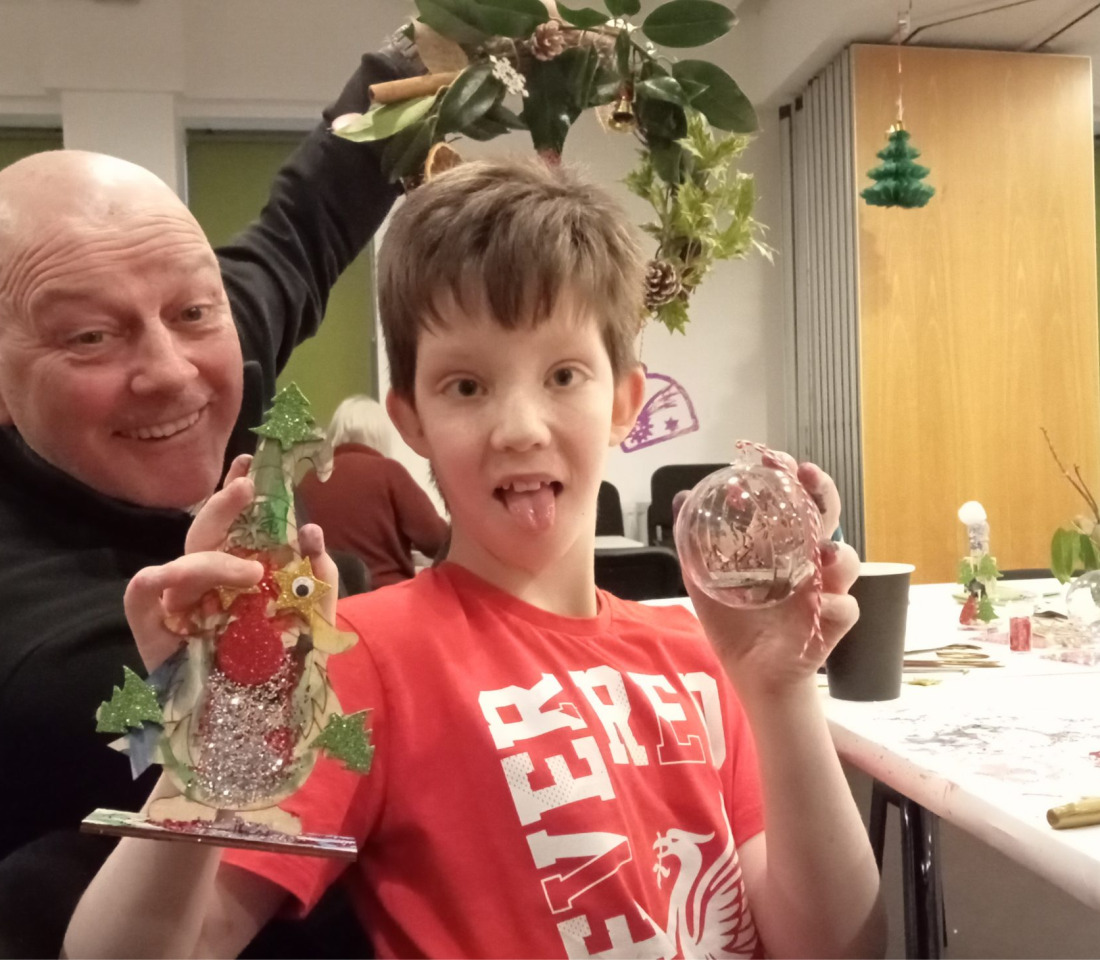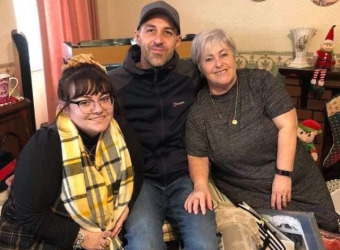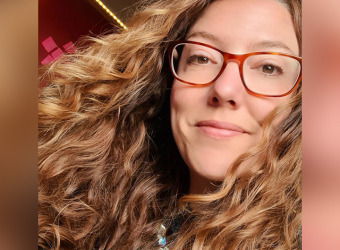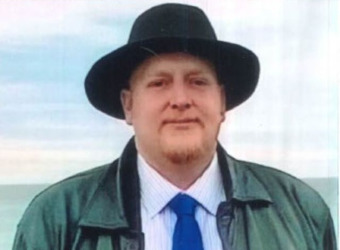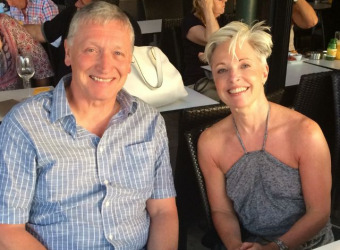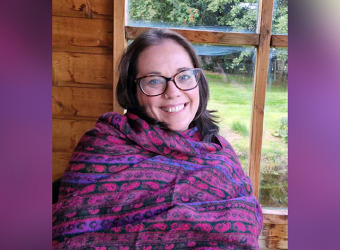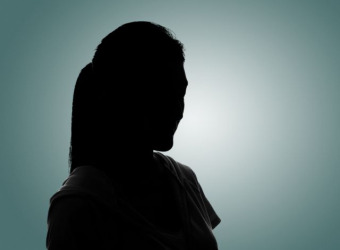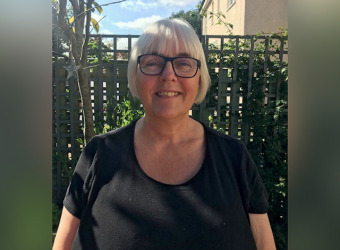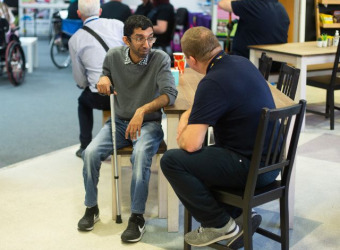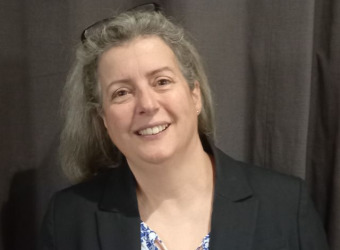It’s all in your head report: The Brain Charity calls for independent review into diagnosis of neurological conditions
There are 800,000 hospital admissions per year due to neurological conditions, with individuals often arriving at A&E at the point of crisis.
Early diagnosis is key to reducing this number and supporting people experiencing neurological conditions on what can be an uncertain and frightening journey.
What is the It’s all in your head report?
The Brain Charity surveyed more than 800 people with neurological conditions in the #BrainSurvey to learn about their diagnosis experiences from their first concerns to life after a diagnosis.
Three key themes have emerged from the report: long waits for diagnosis, a lack of information and support and a negative impact on mental health after diagnosis.
Key findings about delayed diagnosis and misdiagnosis of neurological conditions
- Nearly half (48%) left their first GP appointment not feeling well-informed about the next steps towards diagnosis or treatment
- More than a third (37%) wait two years or more for a diagnosis of a neurological condition
- Half of people (49%) say a lack of support and information led to high feelings of fear for the future
- One in three (35%) have been diagnosed with depression or anxiety after being diagnosed with a neurological condition
Our call to action
The Brain Charity’s research finds poor diagnosis and treatment of neurological conditions is a serious issue facing the UK, with failings costing the NHS money and impacting the broader economy.
The system as it stands is characterised by poor support for patients, long waits for diagnosis, and a preventable mental health crisis.
Pippa Sargent, CEO of The Brain Charity, said: “There are 1 in 6 people living with a neurological condition right now in the UK.
“The findings of the It’s all in your head report are stark, painting a picture of fear, isolation and helplessness. For too many people, delays and a lack of information and support exacerbates what is already a harrowing journey.
“The Brain Charity is calling for an independent review into the length of time it takes for people with neurological conditions to receive a diagnosis. It is imperative we improve the experiences of those who are seeking a diagnosis and provide reassurance and understanding at what is undoubtedly a distressing time.”


